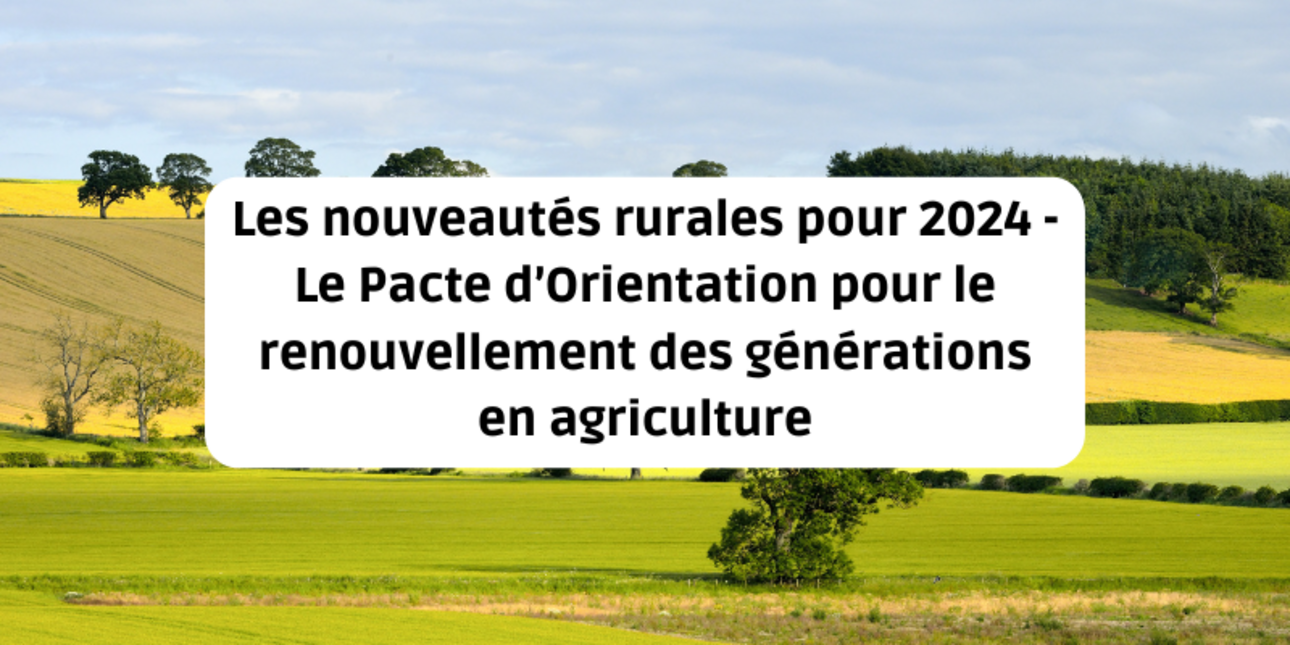
2024 will be a very busy year for farm transfers in rural areas. In this article, we first present the Pacte d'Orientation pour le renouvellement des générations en agriculture, which will be examined by the Council of Ministers on 24 January 2024 and should be adopted in the course of the year...
The new Prime Minister, Gabriel Attal, said on Sunday 15 January 2024: "One of the first bills that I will present with my government is a bill on generational renewal in agriculture". He added: "If we want to remain a sovereign country with a strong agricultural sector (...) young people must be able to set up in farming".

A long-standing promise of French President Emmanuel Macron, this bill is being championed by Minister for Agriculture and Food Sovereignty Marc Fesneau. It will be examined by Parliament in 2024 to facilitate farm transfers and address the issue of access to land for young farmers.
The last text to be adopted on this issue of farm transfers was the Sempastous Law. This law regulates the transfer of shares in agricultural companies and was introduced in March 2023. It supplements the regulations on Structure Control and the SAFER's Right of Preemption.
But many stakeholders, including farmers' unions, were calling for new measures to be adopted. The challenge for the future of French agriculture is enormous. So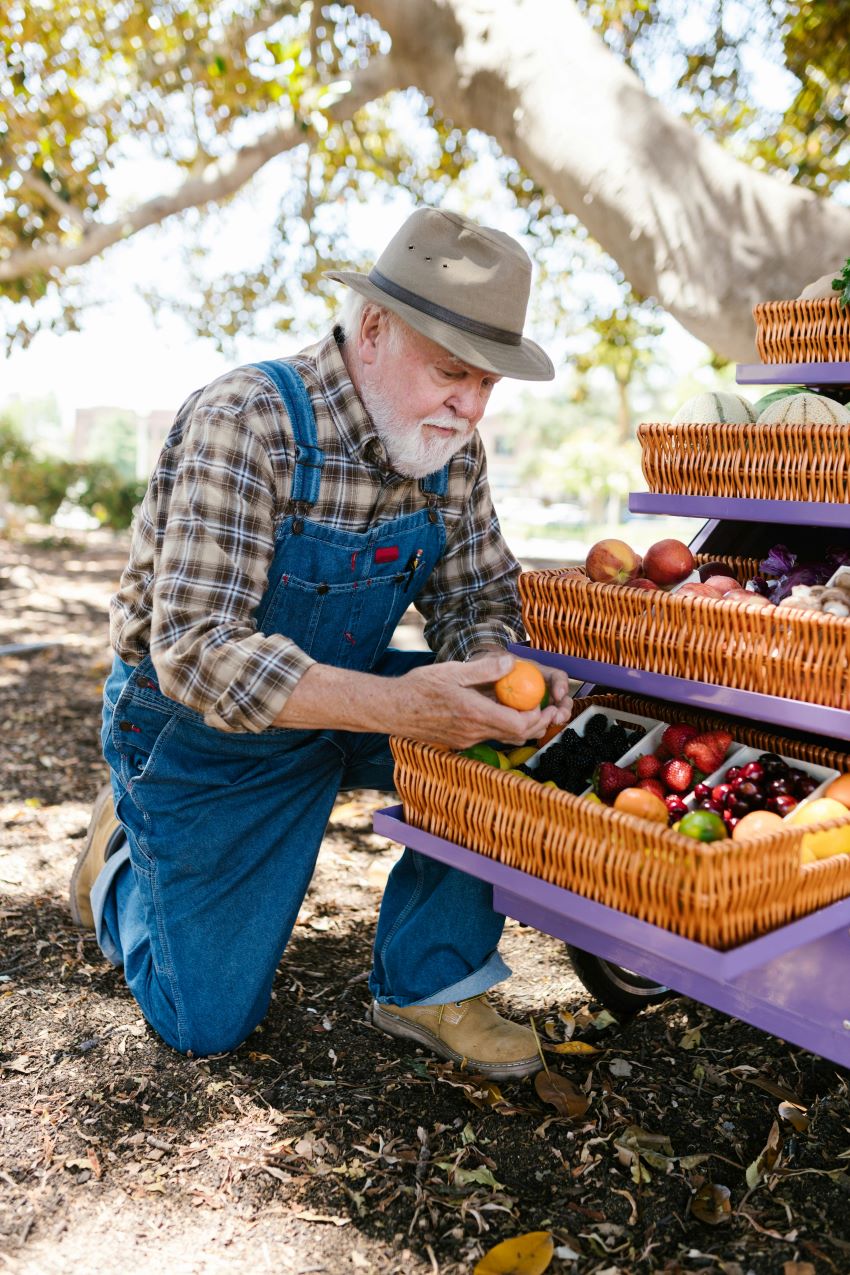 that with 50% of farmers due to reach retirement age by 2030, the current rate of start-ups is insufficient to stabilise the number of farmers. Despite the rebound in the number of new entrants that the MSA has observed in 2022.
that with 50% of farmers due to reach retirement age by 2030, the current rate of start-ups is insufficient to stabilise the number of farmers. Despite the rebound in the number of new entrants that the MSA has observed in 2022.
Since December 2022, consultations have been held with professionals and the general public. A year later, the Ministry of Agriculture presented the broad outlines of this project, even though several provisions had already been presented in 2023. We presented them to you in our rural news, which you could consult on our social networks throughout the year.
This project is based on four axes and 35 measures:
These are primarily communication measures aimed at improving understanding of French agriculture among the general public and attract new applicants:
and attract new applicants:
Agricultural training is an important part of this pact. New skills are needed to move the agricultural model towards transition  by 2030. The planned measures include :
by 2030. The planned measures include :
A number of measures have been introduced to encourage people to set up in farming and to better identify farms with no successors.
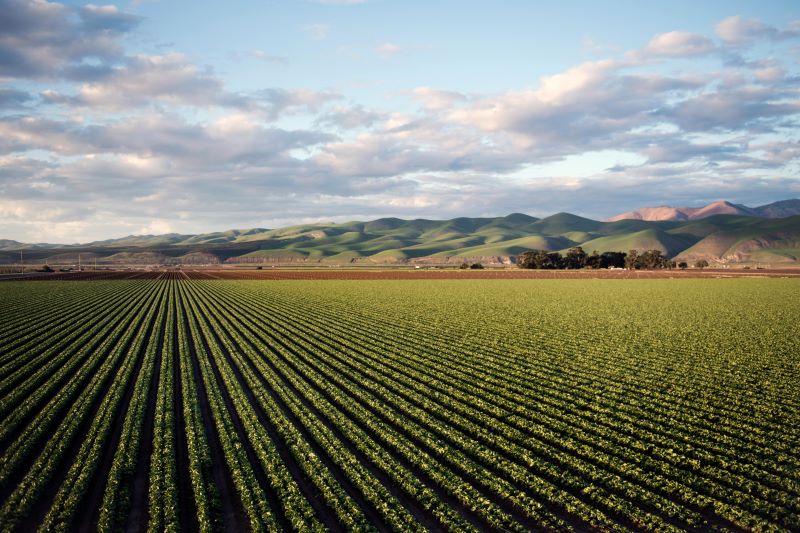 These include the creation of a one-stop shop, the France service agriculture network. This will extend the functions of the Chambers of Agriculture's "Points Accueils Installation", which will welcome project sponsors and sellers.
These include the creation of a one-stop shop, the France service agriculture network. This will extend the functions of the Chambers of Agriculture's "Points Accueils Installation", which will welcome project sponsors and sellers.
There are also plans to create a transfer support programme and an incentive to encourage transfers. Farmers will have to make a commitment earlier (perhaps 5 years before the cessation of farming instead of 3 years at present) to complete the Declaration of Intent to Cease Farming (DICAA) form to identify more quickly the need for new farmers. In addition, aids, including a capital gains tax exemption, could be introduced to encourage the transfer of farms to new entrants.
The government will set up a €2 billion loan guarantee scheme for farm start-ups. This guarantee should make it easier for banks to grant loans to new project holders or to transformative investment projects.
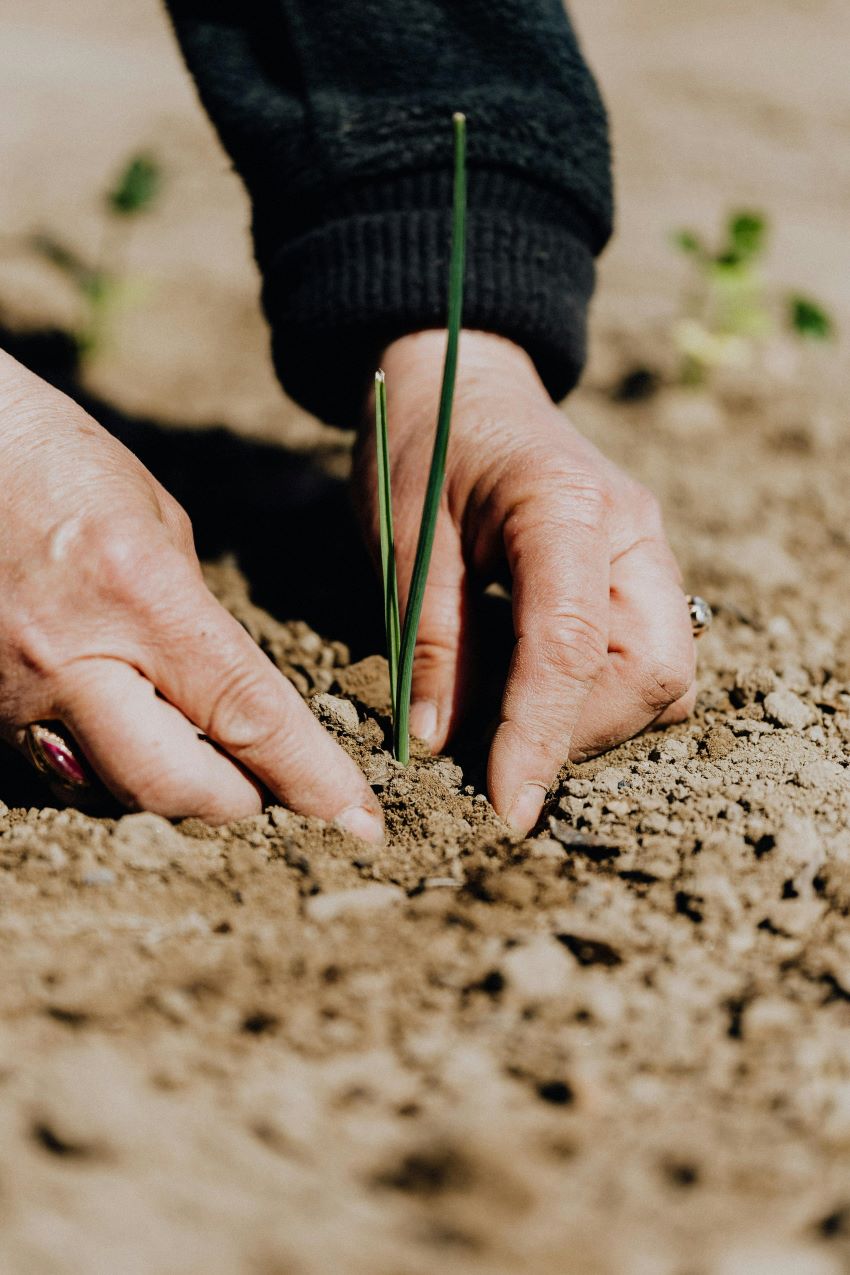 The government will also provide €400 million in equity funding for land portage solutions. These schemes, some of which we described in the Financing section of our blog, provide temporary financing for the purchase of land by an outside organisation. After a few years, the farmer can finalise the purchase of the land under pre-agreed terms and conditions.
The government will also provide €400 million in equity funding for land portage solutions. These schemes, some of which we described in the Financing section of our blog, provide temporary financing for the purchase of land by an outside organisation. After a few years, the farmer can finalise the purchase of the land under pre-agreed terms and conditions.
Also to facilitate access to land for project developers, Groupements Fonciers Agricoles d'Investissement will be set up to attract private capital.
Agro-ecology and organic farming projects will be given higher priority under the rules governing farm structure.
Finally, a wide-ranging review will be carried out to adapt the rules governing rural leases to the challenges of ecological transition and generational renewal.
This section deals with agricultural measures taken as part of ecological planning. It covers, for example, water storage projects, which have made the headlines in recent years the media for several weeks in 2023. Among the measures announced:
the media for several weeks in 2023. Among the measures announced:
It is, of course, too early to draw conclusions from provisions that have not yet been debated in Parliament and therefore not yet improved, tweaked or adopted.
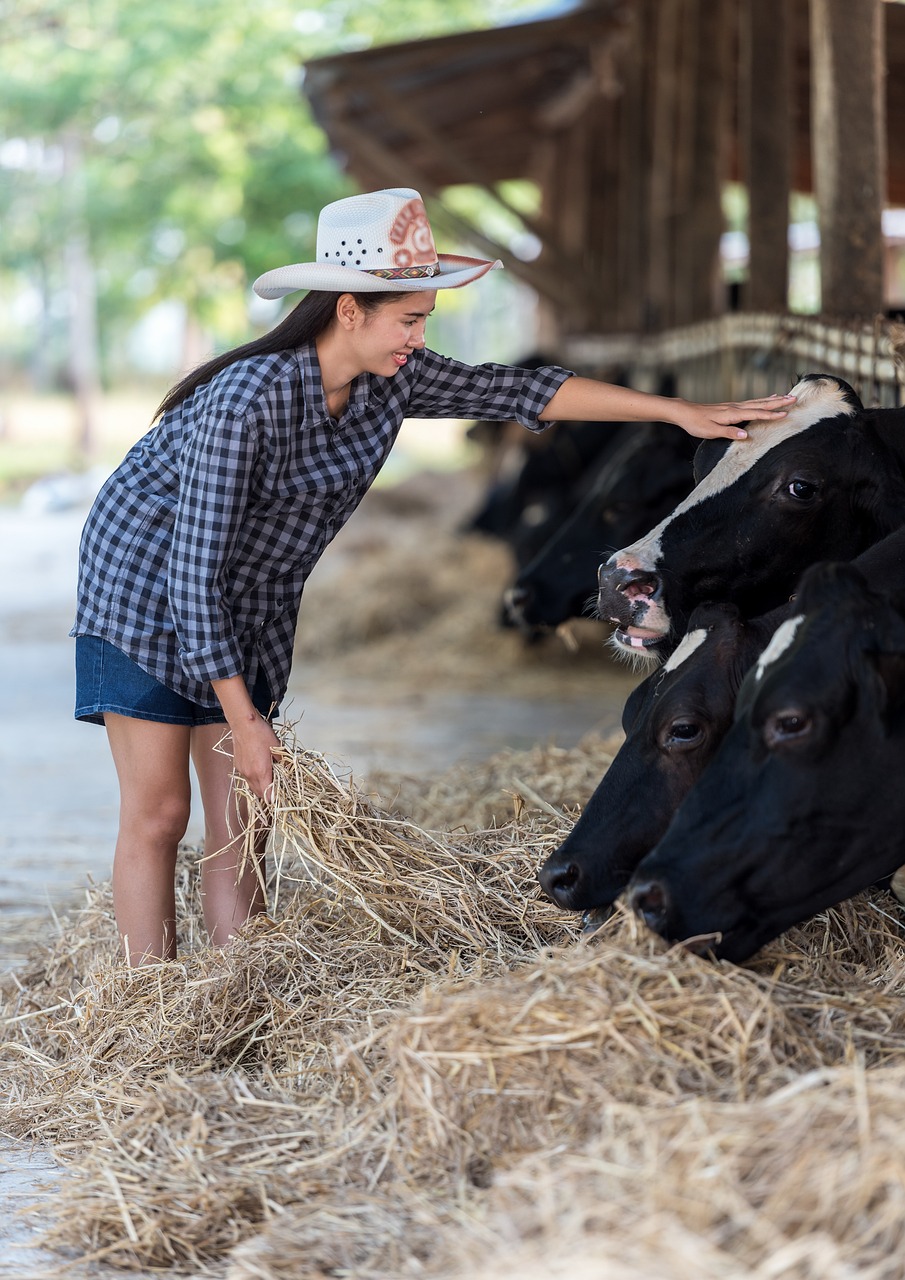 Financial support for setting up through the guarantee fund and support for land porting solutions is welcome, but will no doubt be insufficient.
Financial support for setting up through the guarantee fund and support for land porting solutions is welcome, but will no doubt be insufficient.
Although financing land is costly, it is not the most difficult asset to finance. There are already a number of existing solutions (Terrafine, Feve, Starterre Agri, Terra Hominis for vineyards, etc.), but will they benefit from these funds? Buildings and movable assets, which are riskier, also require support measures to reduce the risks for credit institutions.
The France service agriculture network will be useful if it is anything other than a simple change of name for the Point Accueil Installation already run by the chambers of agriculture. The Répertoire Départ Installation would also undoubtedly need to be modernised.
Above all, it's a matter of tidying up a number of provisions relating to setting up and transferring ownership, but without any major revolution in the support system for future farmers and those giving up their farms.
Arnaud Rousseau, President of the majority FNSEA trade union, also pointed to the lack of ambition in the bill, which "makes sense" but "is not an agricultural policy bill".